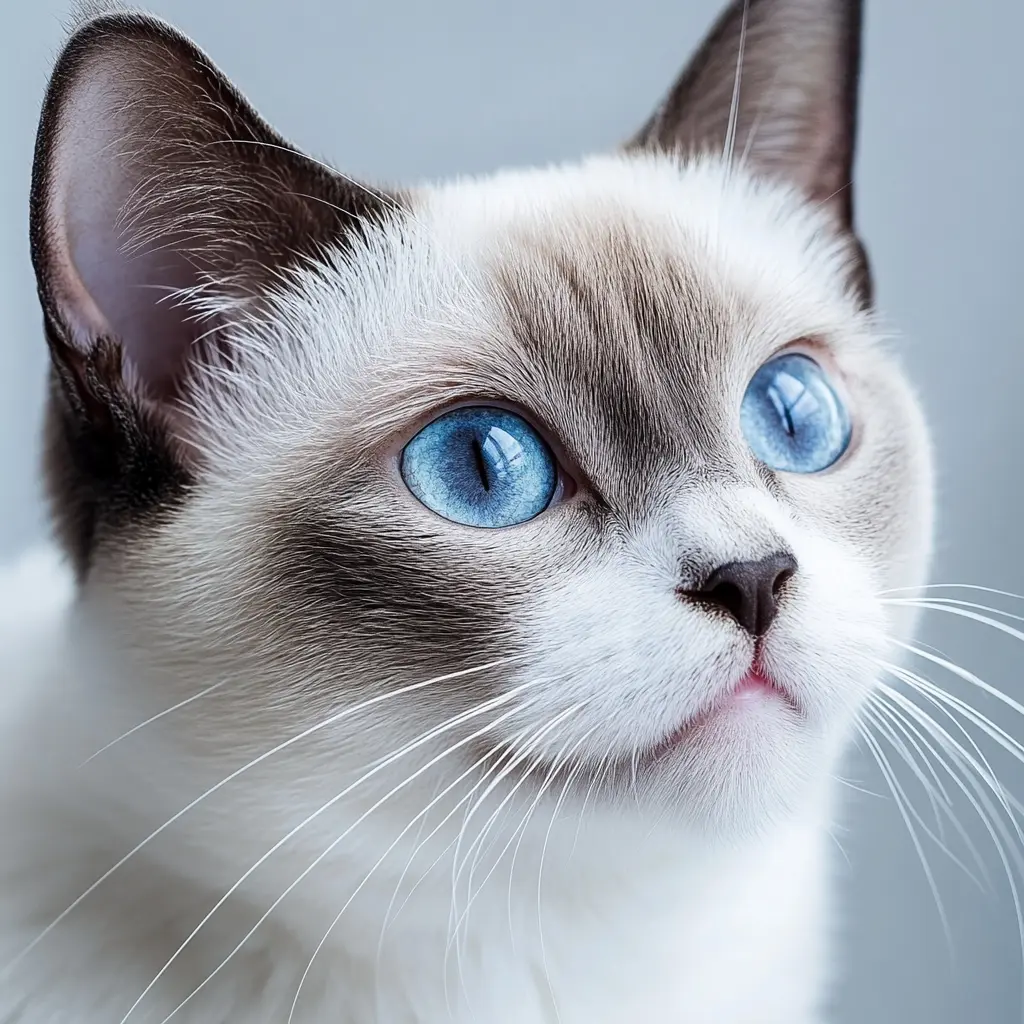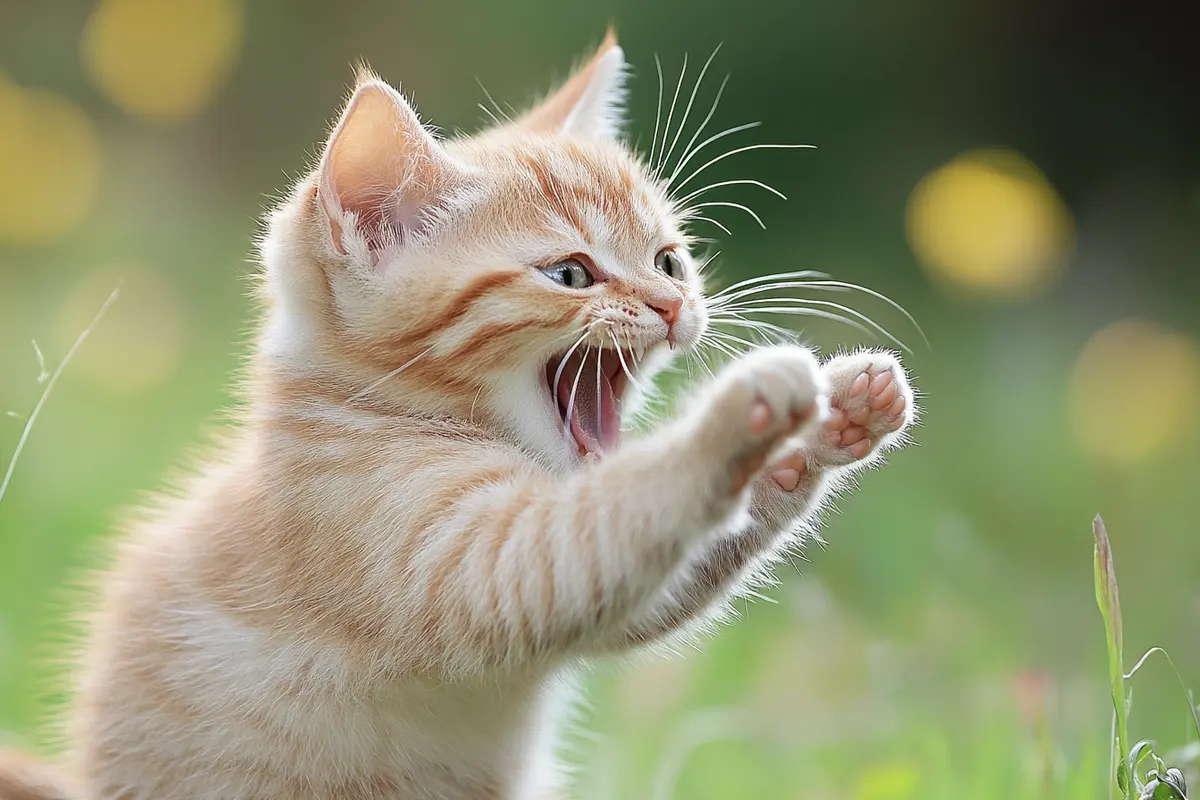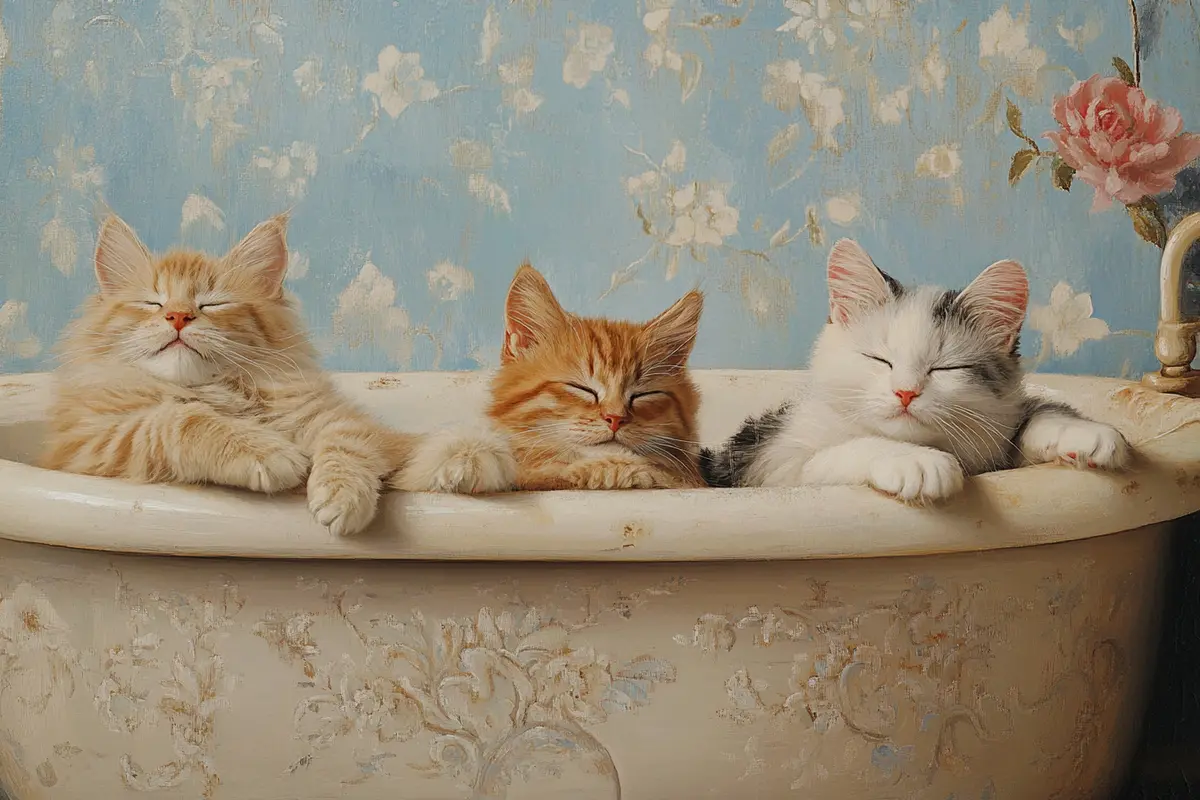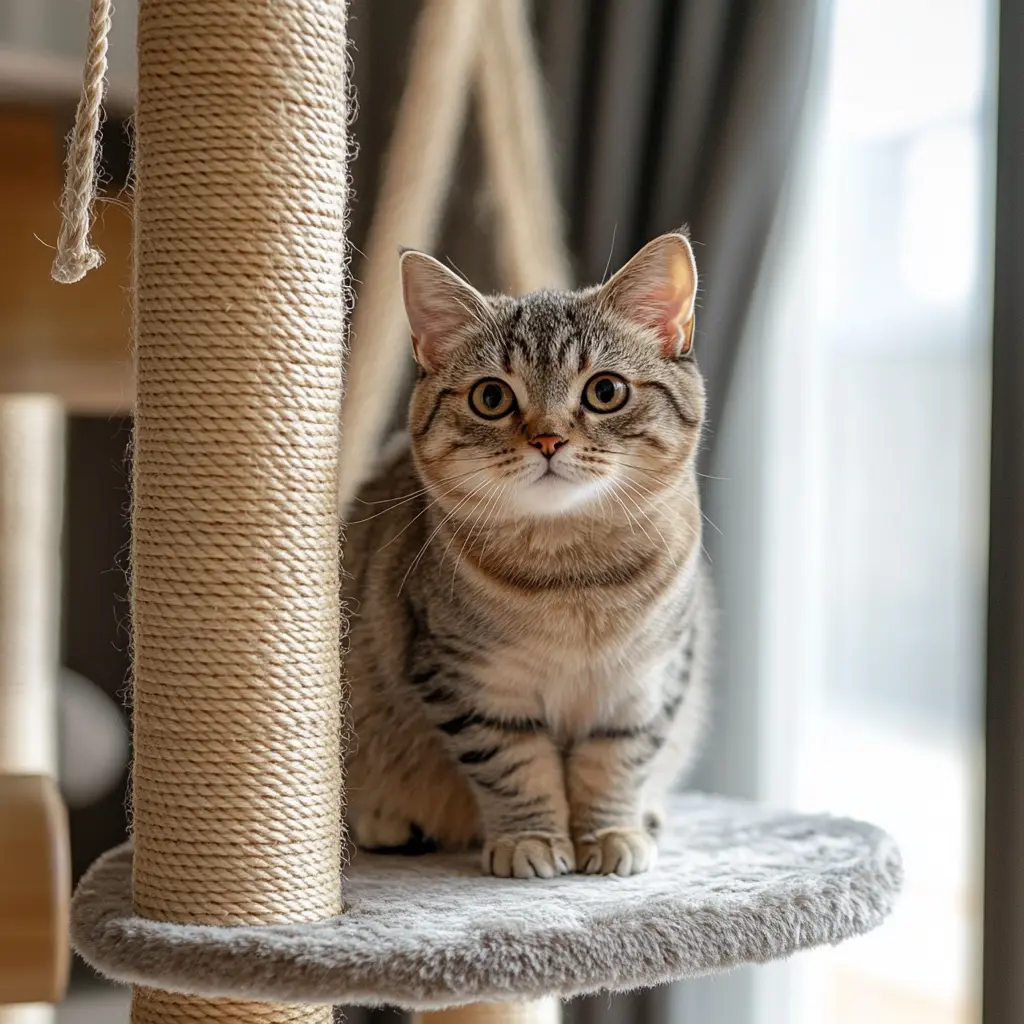Protecting your feline companion involves several crucial steps, with a proper cat vaccinations schedule being paramount. In this comprehensive guide, we will explore everything you need to know about vaccinating your cat, ensuring they live a long, healthy, and happy life. Understanding and adhering to a suitable cat vaccinations schedule can significantly reduce the risk of preventable diseases.
Okay, here’s the cat vaccinations schedule information presented in a table format. This table offers a general guideline; always consult your veterinarian for a schedule tailored to your cat’s individual needs.
Table of Contents
General Cat Vaccinations Schedule
| Age | Core Vaccines | Non-Core Vaccines (Discuss with Vet) | Notes |
| 6-8 Weeks | FVRCP (Feline Viral Rhinotracheitis, Calicivirus, Panleukopenia) – First Dose | FeLV (Feline Leukemia Virus) – First Dose (if recommended) | Start of kitten vaccination series. |
| 9-12 Weeks | FVRCP – Second Dose | FeLV – Second Dose (if recommended) | Continue kitten vaccination series. |
| 12-16 Weeks | FVRCP – Third Dose, Rabies (as required by local laws) | FIV (Feline Immunodeficiency Virus – if recommended), Chlamydophila felis, Bordetella bronchiseptica | End of kitten vaccination series. Consider risk factors. |
| 1 Year | FVRCP Booster, Rabies Booster | FeLV Booster (if applicable), other non-core boosters based on risk | Boosters to maintain immunity after the kitten series. |
| Every 1-3 Years | FVRCP Booster (frequency depends on vaccine type and vet recommendation), Rabies Booster | FeLV Booster (if applicable – consider ongoing risk), other non-core boosters as needed based on lifestyle and veterinarian’s recommendation | Frequency depends on vaccine type, local regulations, and individual risk factors. Consult your vet. |
Why is a Cat Vaccinations Schedule Important?
Vaccinations are vital for preventing infectious diseases in cats. Cat vaccinations schedule protocols help build immunity, protecting your feline from potentially life-threatening illnesses. Like humans, cats require vaccinations to stimulate their immune systems.
When a cat is vaccinated, their body produces antibodies that recognize and fight specific pathogens. Therefore, if the cat encounters the disease in the future, their immune system is primed to respond quickly and effectively. Ultimately, following a consistent cat vaccinations schedule is one of the most effective ways to safeguard your cat’s health.
Core vs. Non-Core Vaccines: What’s the Difference?
Before diving into a specific cat vaccinations schedule, it’s important to understand the types of vaccines available. Cat vaccines are generally categorized into two groups: core and non-core. Chiefly, core vaccines are recommended for all cats, regardless of their lifestyle. Comparatively, non-core vaccines are recommended based on individual risk factors.
- Core Vaccines: These are essential for all cats, protecting against common and severe diseases.
- Non-Core Vaccines: These are recommended based on a cat’s lifestyle, geographic location, and potential exposure to specific diseases.
Core Cat Vaccinations
Core vaccines are fundamental for every cat vaccinations schedule. Specifically, these vaccines protect against highly contagious and potentially fatal diseases:
- Feline Viral Rhinotracheitis (FVR): A common upper respiratory infection.
- Feline Calicivirus (FCV): Another cause of upper respiratory disease.
- Feline Panleukopenia (FPV): Also known as feline distemper, a severe and often fatal disease.
- Rabies: A fatal viral disease affecting the central nervous system.
Non-Core Cat Vaccinations
Non-core vaccines are considered based on your cat’s individual risk factors. For example, if your cat spends time outdoors, they may need additional protection. Equally, if you live in an area where certain diseases are prevalent, your veterinarian might recommend non-core vaccines.
- Feline Leukemia Virus (FeLV): Recommended for cats who go outdoors or live with other cats.
- Feline Immunodeficiency Virus (FIV): Considered for cats at high risk of exposure.
- Chlamydophila felis: Recommended for cats in multi-cat households or shelters.
- Bordetella bronchiseptica: Considered for cats in boarding facilities or shelters.
The Recommended Cat Vaccinations Schedule
A standard cat vaccinations schedule typically begins when kittens are around 6-8 weeks old. Eventually, this schedule continues with booster shots to ensure long-lasting immunity. Indeed, consult with your veterinarian to tailor a cat vaccinations schedule to your cat’s specific needs.
Kitten Vaccinations Schedule
- 6-8 Weeks:
- First FVRCP vaccination (Feline Viral Rhinotracheitis, Calicivirus, and Panleukopenia)
- 9-12 Weeks:
- Second FVRCP vaccination
- FeLV vaccination (if recommended)
- 12-16 Weeks:
- Third FVRCP vaccination
- Rabies vaccination (as required by local laws)
- Second FeLV vaccination (if recommended)
Adult Cat Vaccinations Schedule
After the initial kitten series, adult cats require booster shots to maintain immunity. Generally, booster schedules vary depending on the vaccine and your cat’s risk factors.
- FVRCP Booster: Typically given every 1-3 years.
- Rabies Booster: Frequency depends on the type of vaccine used and local regulations (typically 1-3 years).
- FeLV Booster: If your cat is at continued risk, annual boosters may be recommended.
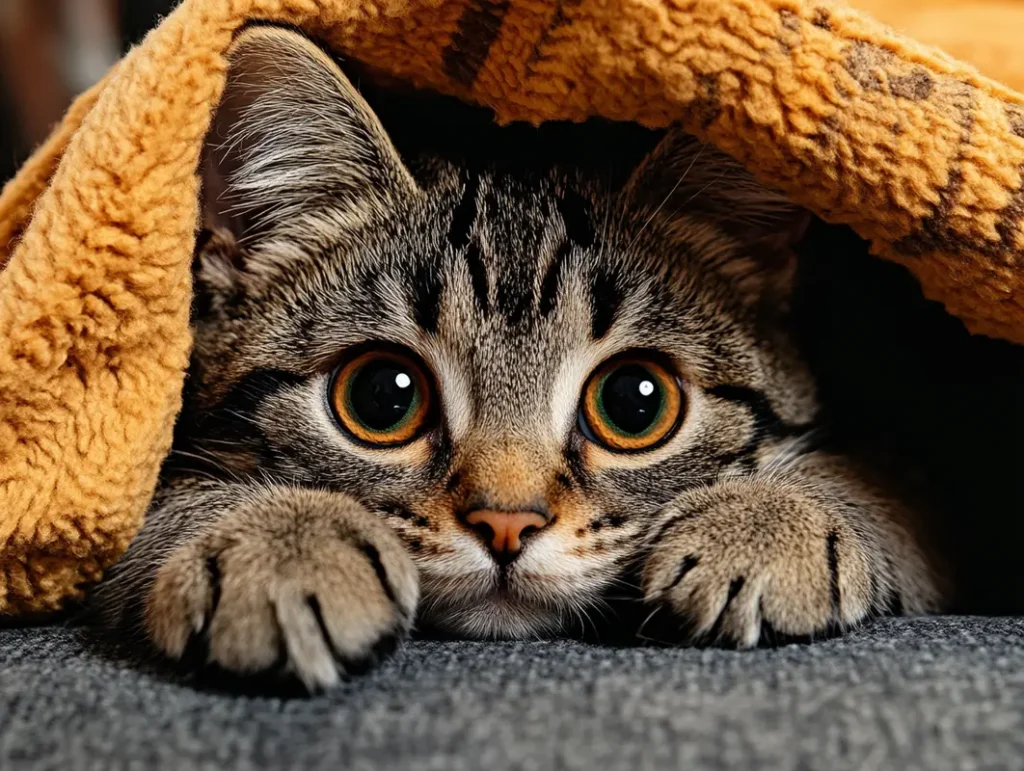
Understanding the Specific Vaccines in the Cat Vaccinations Schedule
Delving deeper into each vaccine provides a clearer understanding of why they are essential components of a cat vaccinations schedule. Basically, each vaccine targets specific diseases that can severely impact a cat’s health.
FVRCP Vaccine
The FVRCP vaccine is a combination vaccine that protects against three common and highly contagious feline diseases. Another name for the FVRCP is the cat vaccinations schedule trifecta.
- Feline Viral Rhinotracheitis (FVR): Caused by feline herpesvirus, leading to upper respiratory symptoms.
- Feline Calicivirus (FCV): Another common cause of upper respiratory infections.
- Feline Panleukopenia (FPV): A highly contagious and potentially fatal disease, especially in kittens.
Rabies Vaccine
Rabies is a fatal viral disease that affects the central nervous system of mammals, including cats and humans. Explicitly, rabies vaccination is not only crucial for your cat’s health but also legally required in many areas.
FeLV Vaccine
Feline Leukemia Virus (FeLV) is a retrovirus that weakens a cat’s immune system, making them susceptible to other infections and diseases. Moreover, FeLV is typically recommended for cats that spend time outdoors or live with other cats.
Potential Side Effects of Cat Vaccinations
While vaccinations are generally safe, some cats may experience mild side effects. Further, understanding these potential side effects can help you monitor your cat and know when to seek veterinary care. Furthermore, adverse reactions are rare.
- Common Side Effects:
- Mild fever
- Lethargy
- Loss of appetite
- Soreness at the injection site
- Rare Side Effects:
- Allergic reactions (hives, facial swelling, difficulty breathing)
- Injection-site sarcoma (a rare type of cancer)
How to Prepare Your Cat for Vaccinations
Preparing your cat for their vaccination appointment can help reduce stress for both you and your feline friend. Indeed, a calm and relaxed cat is more likely to have a positive experience.
- Stay Calm: Cats can sense your anxiety. Try to remain calm and relaxed.
- Use a Comfortable Carrier: Make sure your cat’s carrier is comfortable and familiar.
- Bring Treats: Offer your cat treats during and after the vaccination to create a positive association.
- Talk to Your Vet: Discuss any concerns you have with your veterinarian before the appointment.
The Cost of Cat Vaccinations
The cost of cat vaccinations schedule can vary depending on the type of vaccine, your geographic location, and your veterinarian’s fees. Particularly, it’s essential to factor in these costs when budgeting for your cat’s healthcare.
- Core Vaccines: Typically range from $20 to $50 per vaccine.
- Non-Core Vaccines: Costs vary but are generally similar to core vaccines.
- Veterinary Exam Fee: Most veterinarians charge an exam fee in addition to the cost of the vaccines.
Why Regular Veterinary Check-Ups are Important
In addition to vaccinations, regular veterinary check-ups are crucial for maintaining your cat’s overall health. Subsequently, these check-ups allow your veterinarian to monitor your cat’s health, detect potential problems early, and provide preventative care.
Cat Vaccinations Schedule: Tailoring to Your Cat’s Needs
Every cat is unique, and their cat vaccinations schedule should be tailored to their individual needs. Therefore, factors such as age, lifestyle, health status, and geographic location should be considered.
- Indoor Cats: May require fewer non-core vaccines compared to outdoor cats.
- Outdoor Cats: May need additional protection against diseases like FeLV and FIV.
- Cats with Health Issues: May require a modified vaccination schedule.
Common Misconceptions About Cat Vaccinations
There are several misconceptions surrounding cat vaccinations schedule that can lead to confusion and hesitancy among pet owners. Undoubtedly, addressing these myths is essential for promoting responsible pet ownership.
- Myth: Indoor cats don’t need vaccinations.
- Myth: Vaccinations are unnecessary for older cats.
- Myth: Vaccinations always cause severe side effects.
Staying Updated on Cat Vaccinations Schedule Recommendations
Vaccination guidelines and recommendations can change over time as new research emerges and disease prevalence shifts. Thus, staying informed about the latest cat vaccinations schedule recommendations is essential.
- Consult Your Veterinarian: Your veterinarian is the best source of information on vaccination recommendations.
- Refer to Reputable Sources: Look for information from veterinary organizations and reputable pet health websites.
- Attend Veterinary Conferences: Veterinarians often attend conferences to stay updated on the latest advancements in veterinary medicine.
The Role of the Veterinarian in Creating a Cat Vaccinations Schedule
Your veterinarian plays a crucial role in creating and implementing a cat vaccinations schedule that is right for your cat. Altogether, they have the knowledge and expertise to assess your cat’s individual needs and recommend the appropriate vaccines. Eventually, work closely with your vet.
The Future of Cat Vaccinations
The field of veterinary medicine is constantly evolving, and new advancements in vaccine technology are emerging. Another example is research into more effective vaccines with longer durations of immunity. Likewise, vaccines that can be administered without injections are also under development.
Making an Informed Decision About Your Cat’s Vaccinations
Ultimately, deciding on the right cat vaccinations schedule for your feline friend is a personal one. However, by educating yourself about the benefits and risks of vaccinations, consulting with your veterinarian, and considering your cat’s individual needs, you can make an informed decision that protects their health and well-being. Consequently, always lean towards a full health check with a qualified professional to ensure your cat’s safety.
In conclusion, understanding and adhering to a proper cat vaccinations schedule is essential for protecting your feline companion from preventable diseases. By working closely with your veterinarian and staying informed about the latest recommendations, you can ensure your cat lives a long, healthy, and happy life.
You might also like the 03 Best Cat Food Brands: A Gentle Guide for U.S. Cat Owners.
Effortless Cat Grooming: 7 Powerful Tips for a Healthy Feline Friend
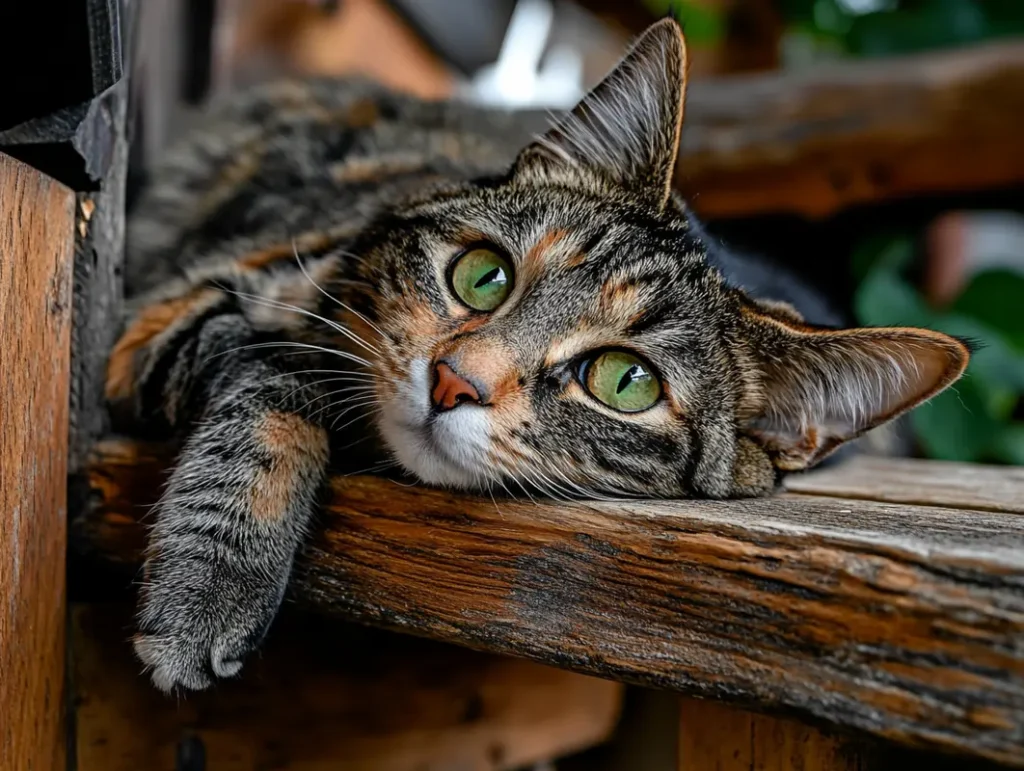
Frequently Asked Questions (FAQs)
What is the schedule for cat vaccines?
The cat vaccinations schedule typically starts at 6-8 weeks with the FVRCP vaccine, followed by boosters every 3-4 weeks until 16 weeks. Rabies vaccine is usually given between 12-16 weeks. Adult cats need booster shots every 1-3 years, depending on the vaccine and local regulations.
How often do cats need vaccinations?
Kittens need a series of vaccinations every 3-4 weeks until they are about 16 weeks old. Subsequently, adult cats require booster shots every 1-3 years, depending on the vaccine and their risk factors.
What is the 3:2:1 rule in cats?
The 3:2:1 rule refers to injection-site sarcomas. The rule states: a mass that is still growing after 1 month, is larger than 2 cm in diameter, or persists for more than 3 months after vaccination should be biopsied to rule out cancer.
Can I vaccinate my cat at 3 months?
Yes, you can vaccinate your cat at 3 months. This is within the typical cat vaccinations schedule for kittens, where booster shots are given every 3-4 weeks until they are about 16 weeks old.
